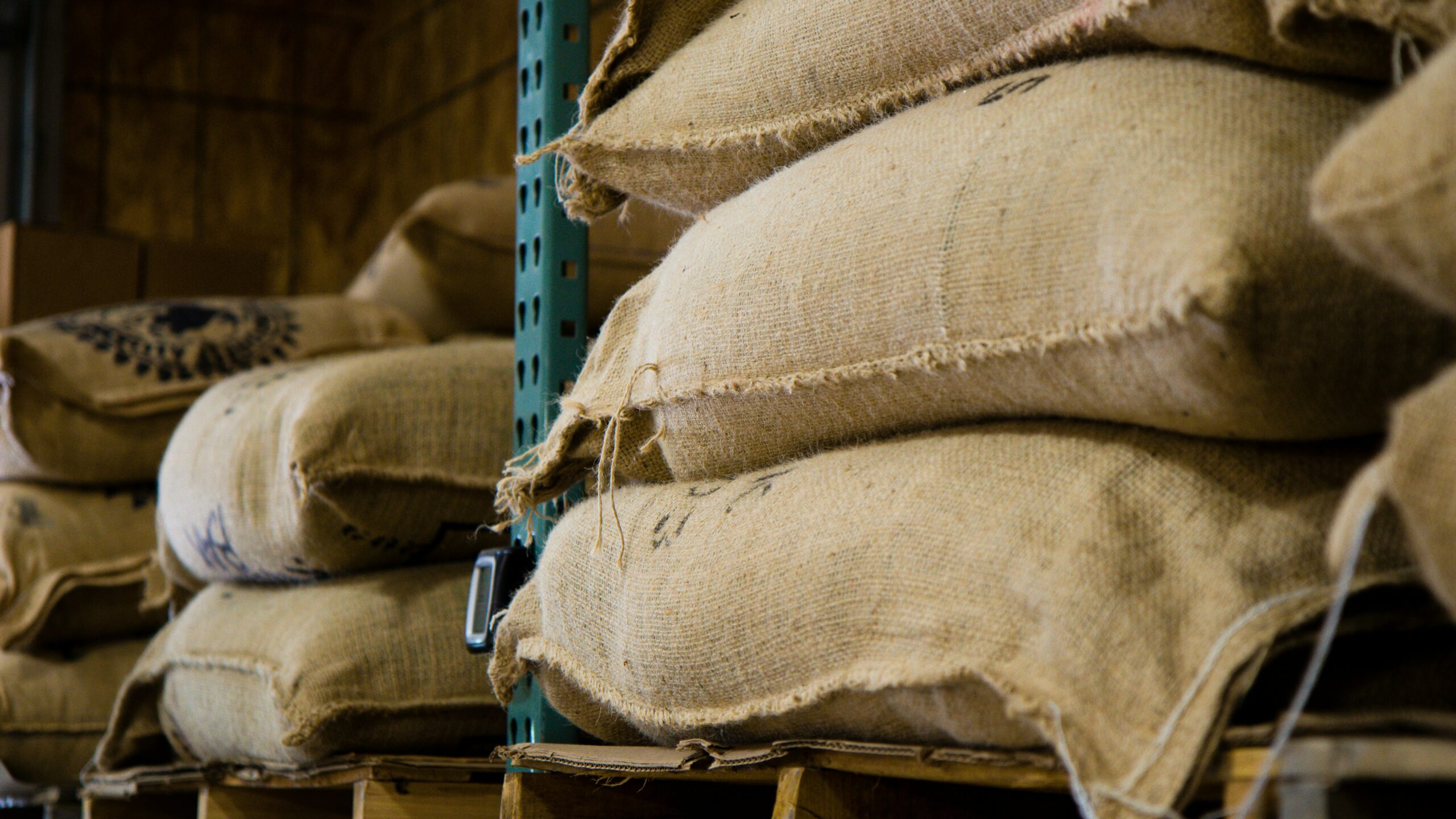
How to Store Tea and Coffee to Keep Them Fresher for Longer
For tea and coffee lovers, there’s nothing quite like the aroma and flavour of a perfectly brewed cup. Whether you

Nestled between the Pacific Ocean and the Caribbean Sea in Central America, Guatemala prides itself on its deep-rooted history with its most cherished export: coffee beans. Guatemala boasts varying altitudes and microclimates that are perfect for growing coffee, in particular the Arabica Coffee plant, and each region offers its own distinct roast coffee flavours and characteristics.
Today, the country has earned its place as one of the world’s most premier coffee growing regions but how much do you know about the delicious drink in your cup? Read on to learn more about Guatemalan coffee as we journey through the origins, culture and coffee bean varieties from this enchanting part of the world.
Arabica coffee plants were first brought to Guatemala by Jesuit missionaries in the mid-1700s to be used as ornamental plants in the Jesuit convent. It wasn’t until the 1850s and 1860s that the coffee industry began to develop in Guatemala and the country began growing coffee commercially with the first Guatemalan coffee exports being recorded after 1850.
After suffering a blow to its indigo and cochineal dye export industries, growing coffee played a pivotal role in the development of Guatemala’s economy and by 1880, 90% of Guatemala’s exports were coffee. Today, Guatemala is known around the world for its speciality-grade coffee and its reputation is comparable with the likes of quality Columbian coffee and Brazilian coffee.
Many factors contribute to the award-winning flavour and characteristics of Guatemalan coffee including the country’s climate, altitude and soil. Guatemala is located in a region between the tropics and subtropics, giving the coffee bean plant its distinctive flavour.
Although the region boasts a selection of coffee bean varieties, Guatemalan coffee is distinctive because of its acidic and fruity flavour. Dependent on the types of coffee beans and region of the coffee growers, Guatemalan coffee has an extraordinarily rich, full body with delicious undertones of chocolate, nuttiness and sweet caramel which are unique to coffee grown in this part of the world.
The Antigua coffee region is located near the southern coast of Guatemala. Antigua’s low humidity, rich volcanic soil and temperatures are ideal conditions for growing coffee, in particular the Arabica coffee beans, and contribute to the coffee beans unique flavour profile. Guatemala coffee beans from Antigua are grown in a valley surrounded by three volcanic mountains.
Coffee from this region is known for its complex flavour profile providing acidic, smokey and full-bodied characteristics with hints of chocolate and caramel. Unlike other coffee beans from Guatemala, Antigua coffee beans feature a nutty flavour and have a floral, citrus aroma.
Located in the highlands of northern Guatemala, Huehuetenango is the highest and driest coffee cultivation region in the country. The region’s warm, dry winds provide protection from frost, allowing growers to cultivate coffee at high elevations.
Huehuetenango Guatemalan coffee beans are known for their fine acidity, full-body and wine-like notes. Guatemalan Huehuetenango coffee beans can often have a tempting buttery and sweet floral aroma. This light roast coffee works best if you’re looking for a fruity brightness in your coffee whereas dark roast coffee will give you a more bitter taste of chocolate.
Cobán is a small city and region in north-central Guatemala. The Cobán region has a unique climate to other Guatamala coffee regions as it benefits from a misty and a rainy season rather than a dry and a rainy season. The name Cobán comes from the Maya Keckchi word meaning “place of clouds.
This tropical climate is perfect for cultivating coffee beans, providing a slightly lighter and softer coffee due to the Arabica coffee plants exposure to the humid environment. A distinct high grown, Guatemalan coffee bean, Cobán coffee is a respected Guatemalan coffee with an excellent body, rich and spicy flavour with light and fruity acidity.
Atitlán is a volcanic coffee region located in south-west Guatemala. Most Atitlán coffee bean plants are grown on the slopes of the three volcanoes that surround the sdhores of Lake Atitlán. Atitlán’s surrounding volcanoes, rich soil and daily winds that stir the cold Lake Atitlán waters have an important impact on the region’s microclimate, making it the ideal environment for growing coffee.
Atitlán coffee beans are recognised internationally for their sweeter tastes and combinations ofc= chocolate, caramel and fruity undertones. Coffee bean plants and coffee varieties cultivated in the Atitlán region are pleasantly aromatic with bright citrus acidity and full body.
Explore Pennington’s refined coffee range and experience the full-bodied flavour of our quality Guatemala ground coffee from the tropical Cobán region.

For tea and coffee lovers, there’s nothing quite like the aroma and flavour of a perfectly brewed cup. Whether you

Finding the perfect Christmas gift can be tricky but if your loved ones adore great tea or coffee, you’re already